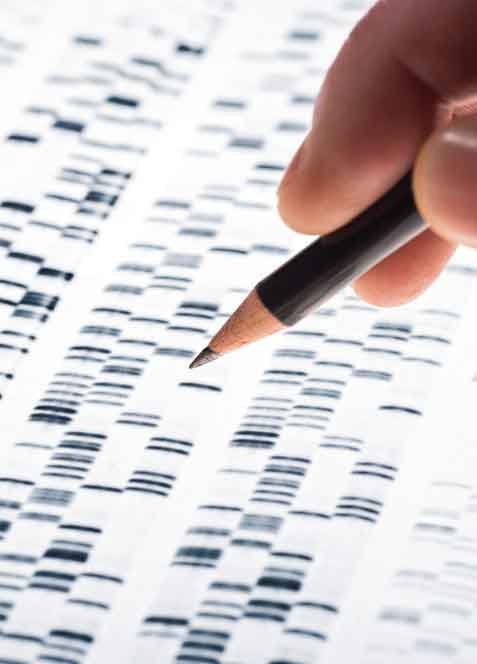As adults live longer, demand for dental implants continues to grow. However, researchers at Kyoto University and the University of Fuki in Japan may be closer to finding a way to help adults continue to function with natural dentition.
According to the University of Fuki, scientists investigated the effects of monoclonal antibodies for USAG-1. Investigators focused on the USAG-1 gene that interacts with the two mechanisms responsible for tooth development — bone morphogenetic protein (BMP) and Wnt signaling. They found administering USAG-1-neutralizing antibodies affects BMP signaling only. The authors reports a single administration was enough to generate a whole tooth in mice and, in subsequent experiments, ferrets as well.
From Decisions in Dentistry. June 2021;7, 11.
